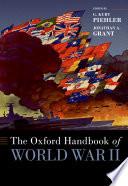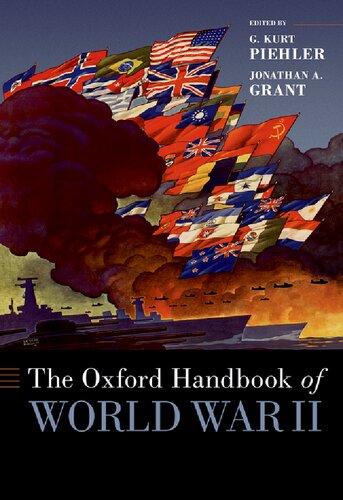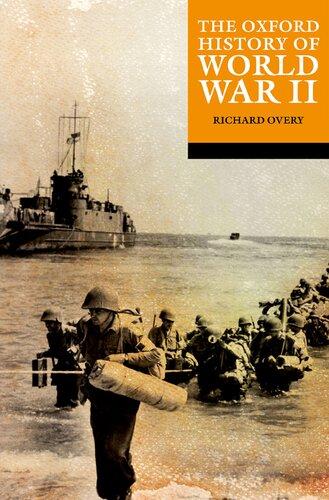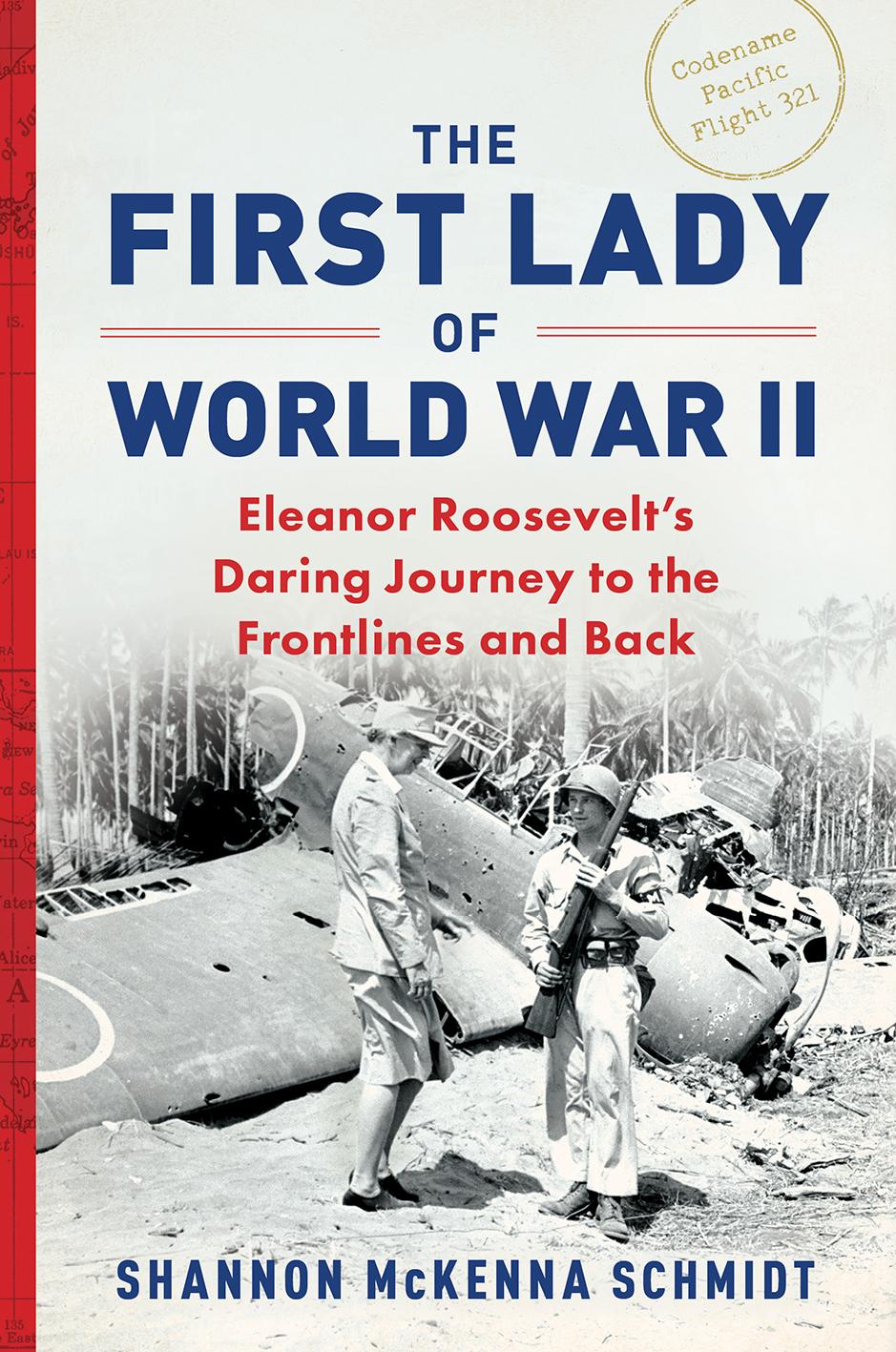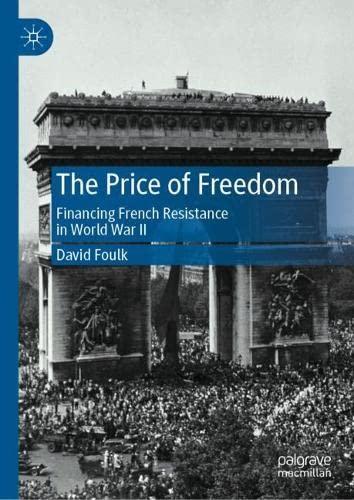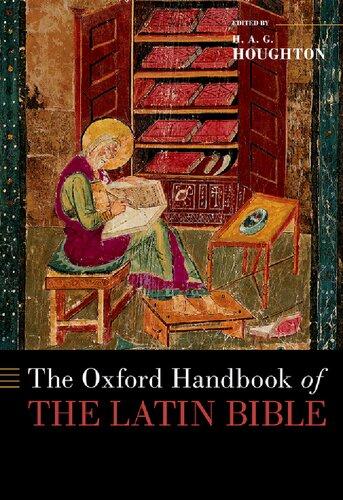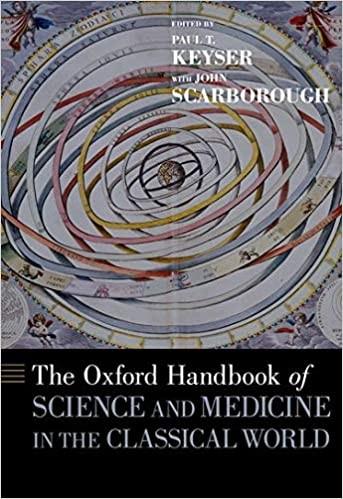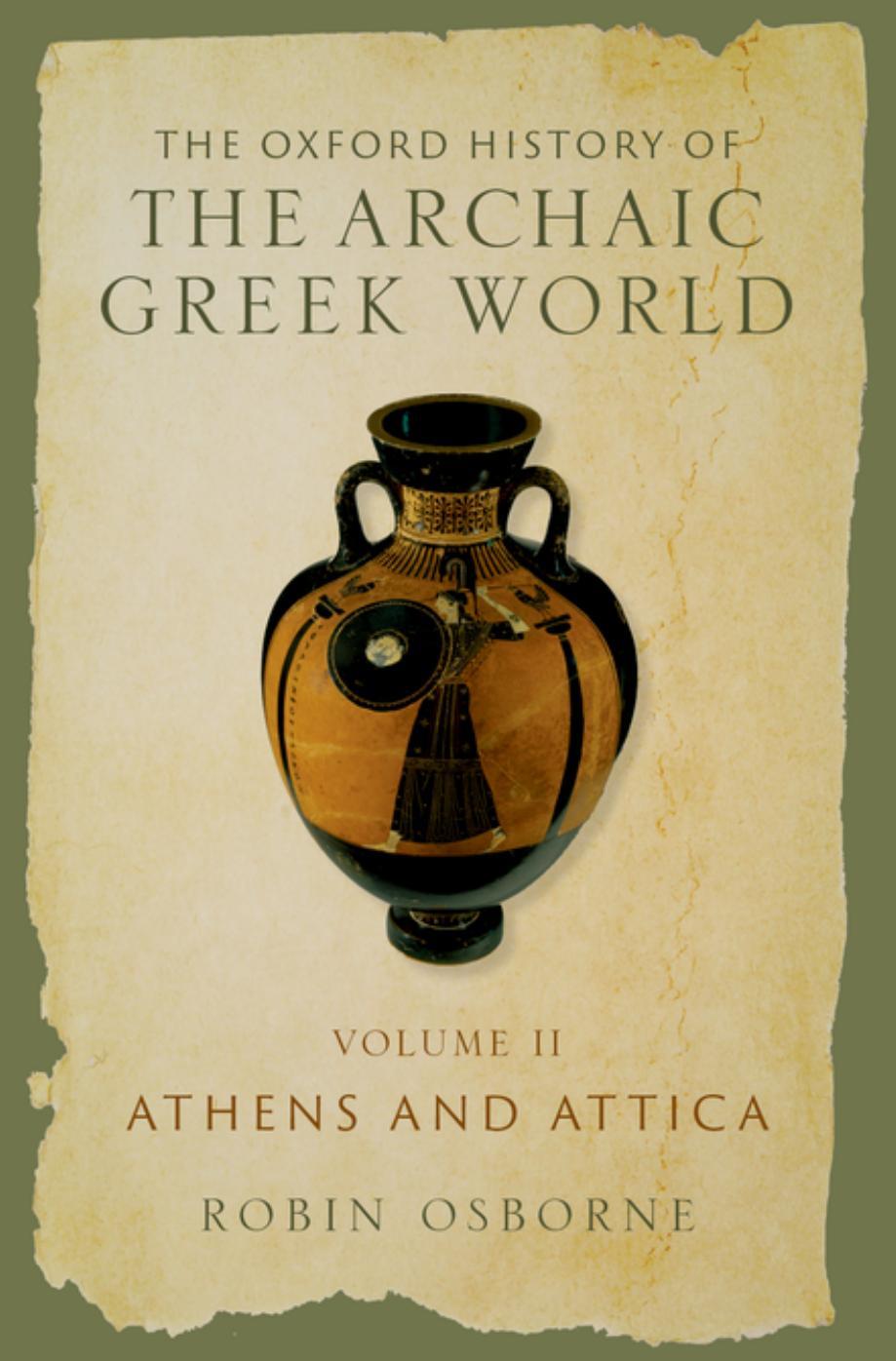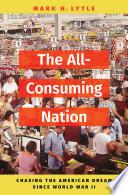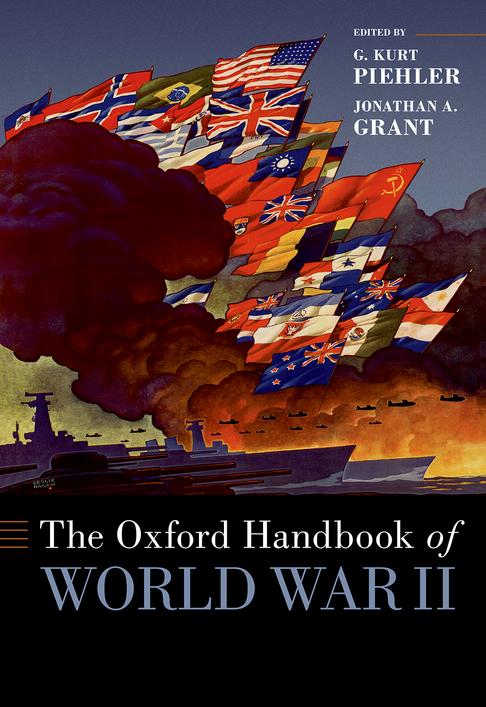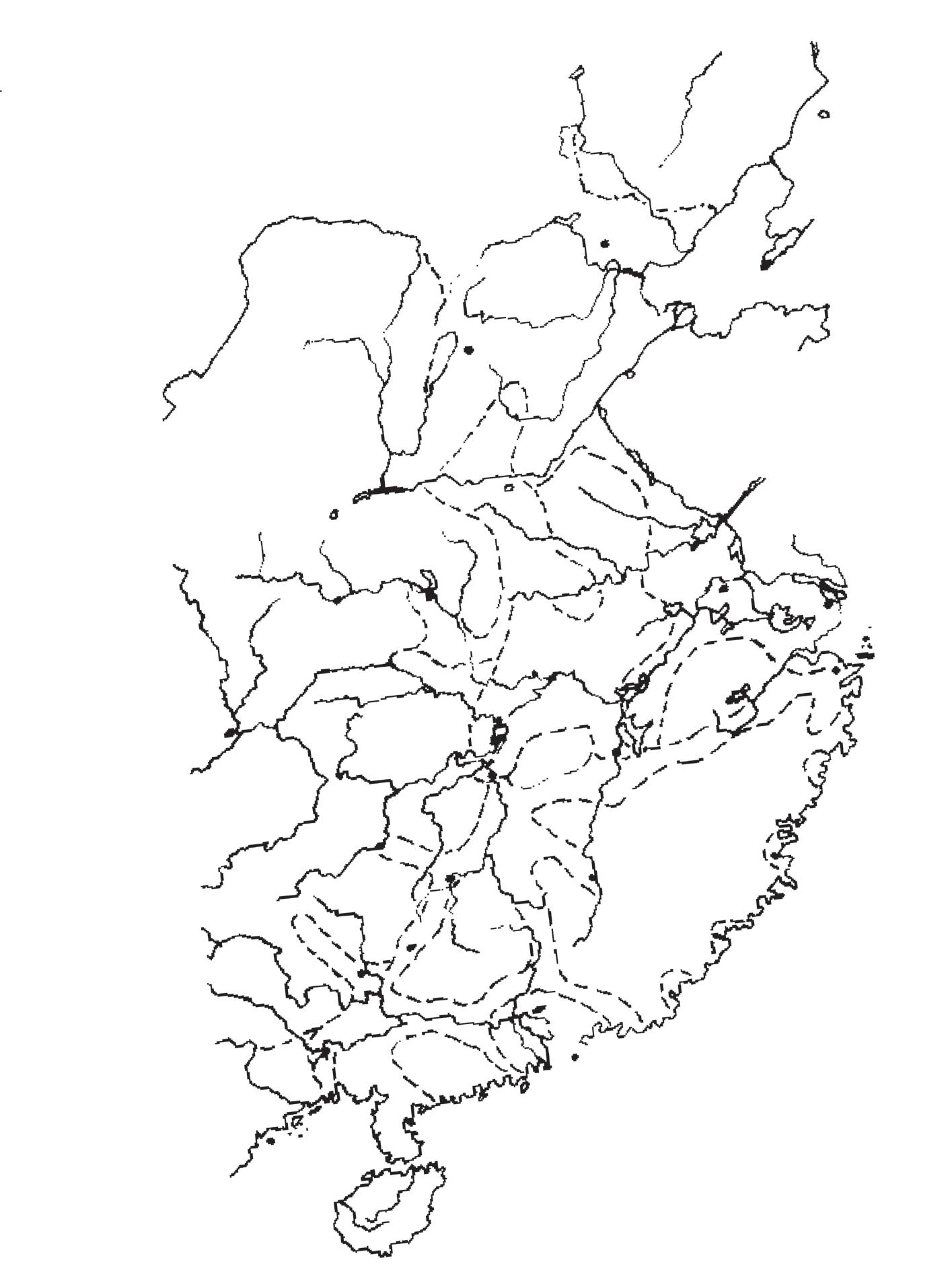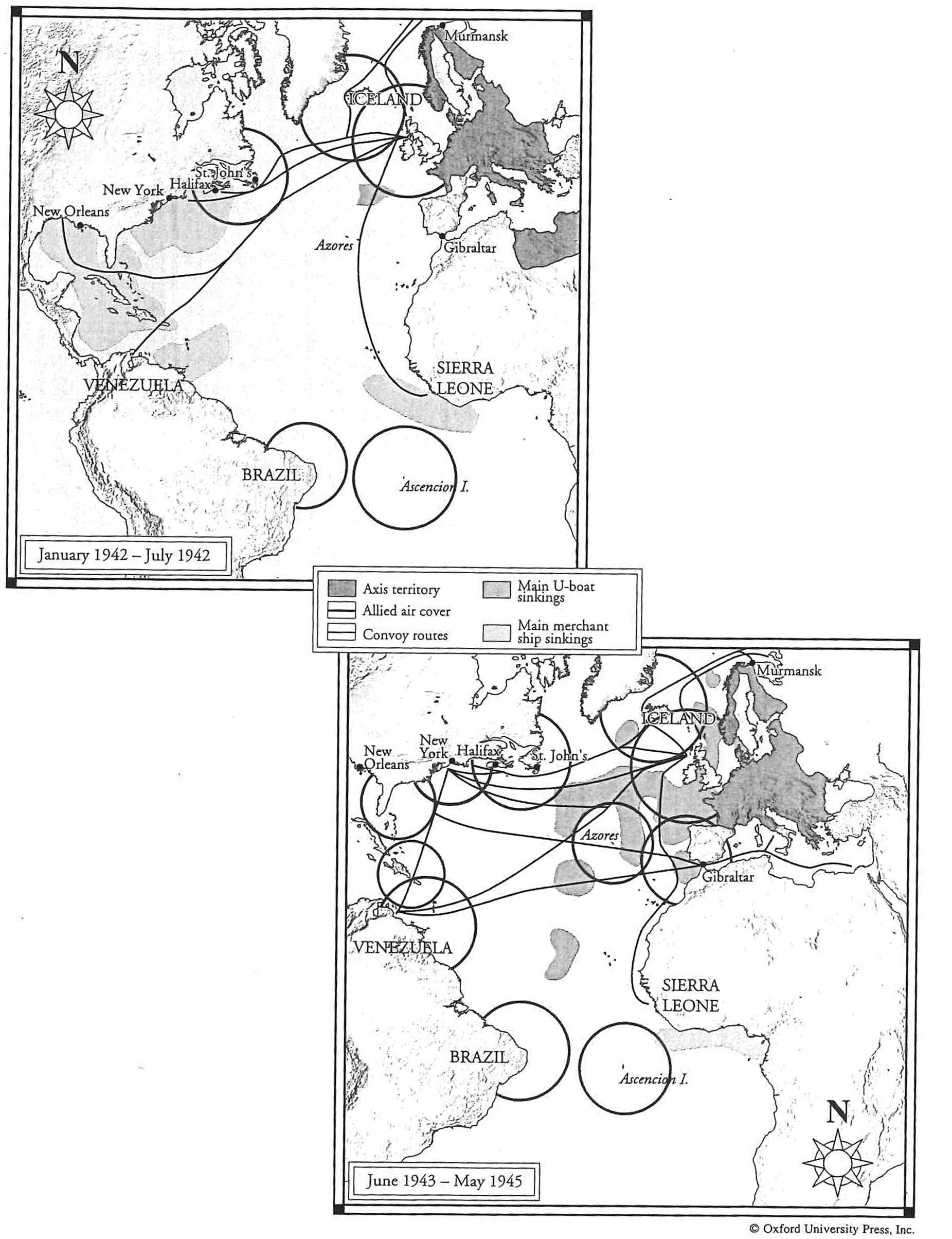The Oxford Handbook of WORLD WAR II
Edited by G. KURT PIEHLER and
JONATHAN A. GRANT
Oxford University Press is a department of the University of Oxford. It furthers the University’s objective of excellence in research, scholarship, and education by publishing worldwide. Oxford is a registered trade mark of Oxford University Press in the UK and certain other countries.
Published in the United States of America by Oxford University Press 198 Madison Avenue, New York, NY 10016, United States of America.
© Oxford University Press 2023
All rights reserved. No part of this publication may be reproduced, stored in a retrieval system, or transmitted, in any form or by any means, without the prior permission in writing of Oxford University Press, or as expressly permitted by law, by license, or under terms agreed with the appropriate reproduction rights organization. Inquiries concerning reproduction outside the scope of the above should be sent to the Rights Department, Oxford University Press, at the address above.
You must not circulate this work in any other form and you must impose this same condition on any acquirer.
Library of Congress Cataloging-in-Publication Data
Names: Piehler, G. Kurt, author. | Grant, Jonathan A., 1963– author.
Title: The Oxford handbook of World War II / G. Kurt Piehler and Jonathan A. Grant.
Description: New York, NY : Oxford University Press, [2023] | Includes bibliographical references and index.
Identifiers: LCCN 2022032447 (print) | LCCN 2022032448 (ebook) | ISBN 9780199341795 (hardback) | ISBN 9780197676578 (epub) | ISBN 9780199352425
Subjects: LCSH: World War, 1939–1945. Classification: LCC D743 .P516 2022 (print) | LCC D743 (ebook) | DDC 940.54—dc23/eng/20220920
LC record available at https://lccn.loc.gov/2022032447
LC ebook record available at https://lccn.loc.gov/2022032448
DOI: 10.1093/oxfordhb/9780199341795.001.0001
Printed by Sheridan Books, Inc., United States of America
To the memory of Judy Barrett Litoff 1944–2022
G. Kurt Piehler and Jonathan A.
1. The Collapse of the Versailles System
Michael H. Creswell
2. Ideological Origins of World War II
Vladimir Tismaneanu and Bogdan C. Iacob
3. Ethiopia and the Spanish Civil War before and during World War II
Peter Garretson and Stephen McVeigh
4. The Sino–Japanese War
Gao Bei
6. German Victories, 1939–1940
Eugenia C. Kiesling
7. The Battle of Britain: Britain and the British Empire Alone
Andrew Stewart
8. The Battle of the Atlantic, 1939–1945
Marc Milner
9. The Axis Invasion of the Soviet Union, 1941–1943
Jonathan A. Grant
10.
Hakan Güngör and
11.
15.
16.
Michael S. Bryant and James Burnham Sedgwick
Annika A. Culver
Regina
and Yutaka Sasaki
Maps
Map 1 Japanese Land Campaign in China, 1937–1945
Map 2 The Axis Territorial Advance in Europe and North Africa, 1939–1942
Map 3 Japan’s advance in the Pacific War, 1941–42
Map 4 Major Concentration Camps/Death Camps Europe
Map 5 Aerial Campaign Europe
Map 6 Battle of the Atlantic
Map 7 Defeat of Germany, 1945
John Ferris and Evan Mawdsley (eds.), The Cambridge History of the Second World War, Vol. 1 (Cambridge: Cambridge University Press, 2015), p. 414.
Map 8 World War II in Eastern Asia, 1943–45. Rhodes Murphy, A History of Asia, Fifth edition (Pearson Longman: New York, 2006). p. 376
Acknowledgments
We want to express our appreciation to Nancy Toff, who conceived the need for a comprehensive and concise handbook focusing on the global history of World War II. Nancy dedicated considerable time to this project and offered editorial suggestions for every chapter in the volume. Soon after the project was commissioned, Nancy graciously provided space at the headquarters of Oxford in Manhattan for a one-day writers’, conference held in conjunction with an annual meeting of the American Historical Association. Jordan Bolan, former senior undergraduate assistant at the Institute on World War II and the Human Experience at Florida State University, helped with myriad logistical details that brought together many of the authors of this volume.
Gabriella Maduro, Angela Stevens, Mallory Malman, and Megan Quinn served at various points as editorial assistants on this project and offered invaluable assistance. Angela, Gabriella and Megan worked on this project while completing an internship in Florida State’s outstanding Editing, Writing Media program. Anne Marsh, former administrator for the Institute on World War II, spot checked citations and bibliographies in this volume for accuracy. At Oxford, we appreciate Shunmugapriyan, A. Usharani, and Zara Cannon-Mohammed for shepherding this project through production and Jessie Coffey for copyediting the manuscript.
This project took several years to complete and we are indebted to patience of our families, especially our respective spouses, Susan G. Contente, and Lynn Wray-Grant.
Editors of reference works are indebted to the individual contributors who participated in this project. Sadly as this work went into production, one contributor, Judy Barrett Litoff suddenly passed away. We wish to dedicate this volume in memory of Judy whose scholarship did much to preserve the American women’s voices, especially their correspondence from the World War II generation. Judy was an outstanding teacher and supportive colleague, may her memory be a blessing.
Contributors
Victoria J. Barnett is the Director (retired), Programs on Ethics, Religion and the Holocaust, U.S. Holocaust Memorial Museum. She is author of For the Soul of the People: Protestant Protest under Hitler and Bystanders: Conscience and Complicity during the Holocaust.
Michael S. Bryant is a Professor of History and Legal Studies at Bryant University in Smithfield, Rhode Island, and an adjunct professor of law at Creighton University Law School in Omaha, Nebraska. He is the author of four books: Confronting the “Good Death”: Nazi Euthanasia on Trial, 1945–53; Eyewitness to Genocide: The Operation Reinhard Death Camp Trials 1955–66; A World History of War Crimes: From Antiquity to the Present; Nazi Crimes and Their Punishment: A Short History with Documents He has also co-authored two additional books: a casebook, Comparative Law: Global Legal Traditions and an edited volume (with John and Susan Michalczyk), Hitler’s Mein Kampf and the Holocaust.
Kyle P. Bracken earned his doctorate from Florida State University, studying World War Two and the twentieth century United States. He is a historian at the Defense Prisoner of War/Missing in Action Accounting Agency in Honolulu, Hawai’i.
Charles Closmann is an associate professor of History at the University of North Florida in Jacksonville. His research focuses on the history of environmental policies at military bases in the U.S. South, and on issues of environmental justice in the late-twentieth century. War and the Environment: Military Destruction in the Modern Age.
Deborah S. Cornelius is a professor of Eastern European history. She received her PhD from Rutgers University in 1994 and is the author numerous articles and of several books, including: In Search of the Nation and Hungary in World War II: Caught in the Cauldron
Conrad C. Crane is currently Senior Research Historian at the Strategic Studies Institute of the US Army War College. He is the author of American Airpower Strategy in World War II: Bombs, Cities, Civilians, and Oil, American Airpower Strategy in Korea, 1950–1953, and Cassandra in Oz: Counterinsurgency and Future War.
Michael H. Creswell is an associate professor of history at Florida State University, an executive editor at History: Reviews of New Books, and the author of A Question of Balance: How France and the United States Created Cold War Europe.
Annika A. Culver is associate professor of East Asian History at Florida State University and a scholar in the U.S.–Japan Network for the Future whose research and teaching has featured themes related to war and society, wartime cultural production, and propaganda from transnational perspectives. She is the author of Democratizing Luxury: Name Brands, Advertising, and Consumption in Modern Japan, Japan’s Empire of Birds: Aristocrats, Anglo-Americans, and Transwar Ornithology, Glorify the Empire: Japanese Avant-Garde Propaganda in Manchukuo, winner of the Southeast Conference of the Association for Asian Studies (SECAAS) 2015 Book Prize, and coeditor of Manchukuo Perspectives: Transnational Approaches to Literary Production, with Norman Smith.
Ronald E. Doel is an associate professor of history at Florida State University.
R. M. Douglas is the Russell Colgate Distinguished University Professor of History at Colgate University in Hamilton, New York. He is currently working on a study of conflict-related sexual violence during the Second World War.
Gao Bei is associate professor of International Studies at the University of North Carolina Wilmington. She holds a PhD in history and is the author of Shanghai Sanctuary: Chinese and Japanese Policy toward European Jewish Refugees during World War II.
Peter Garretson taught Middle Eastern and African History at Florida State University for over thirty years, as well as administering its International Programs and a Middle East Center, before retiring as an Emeritus Professor. His major areas of interest and research are Modern Ethiopian, Sudanese and Kurdish history, and he has published several books and numerous articles on the first two countries. He is author of Victorian Gentleman & Ethiopian Nationalist: the Life and Times of Hakim Warqenah, Dr. Charles Martin.
Regina Gramer is a clinical associate professor in Liberal Studies at New York University and the Managing Editor of The Interdependent: Journal of Undergraduate Research in Global Studies. She has published various essays and reviews on topics related to World War II and the Cold War.
Jonathan A. Grant is a professor of Modern Russian History in the Department of History at Florida State University in Tallahassee. His most recent book, Between Depression and Disarmament: The International Armaments Business, 1919-1939 examines the armaments business in Eastern Europe from 1919 to 1939.
Hakan Güngör is assistant professor of History at Ordu University, Turkey. He specializes in World War II history of Turkey and the Middle East. He is the author of Turkish–American Relations in World War II: Survival of Turkish Neutrality and Jewish Immigration from the Balkans to Palestine in World War II and numerous articles.
Kristine C. Harper is a professor of History and Philosophy of Earth Sciences at the University of Copenhagen. Her research focuses on the history of the atmospheric, oceanographic, and hydrographic sciences in the twentieth century.
Bogdan C. Iacob is a researcher at the “Nicolae Iorga” Institute of History (Bucharest) of the Romanian Academy. He co-authored the monograph 1989. A Global History of Eastern Europe.
Alan Jeffreys is Head of Equipment and Uniform at the National Army Museum, London and a visiting research fellow at the University of Greenwich. He is the author of Approach to Battle: Training the Indian Army during the Second World War, London at War 1939–1945: A Nation’s Capital Survives, and editor of The Indian Army in the First World War: New Perspectives
M. Houston Johnson V serves as Professor of History and Head of the Department of History at the Virginia Military Institute, where his teaching focuses on the twentiethcentury United States. His research examines the development of commercial aviation in the United States, aviation infrastructure development, and World War II. He is author of Taking Off: The Foundations of American Commercial Aviation, 1918-1938.
Eugenia C. Kiesling teaches military and ancient history at the United States Military Academy at West Point.
John M. Kinder is Director of American Studies and Associate Professor of History at Oklahoma State University. He is the author of Paying with Their Bodies: American War and the Problem of the Disabled Veteran and co-editor with Jason Higgins of Service Denied: Marginalized Veterans in Modern American History.
Ricky W. Law is associate professor of History at Carnegie Mellon University. His research focuses on German, Japanese, and transnational histories. He is the author of Transnational Nazism: Ideology and Culture in German–Japanese Relations, 1919–1936.
Judy Barrett Litoff was a professor of History at Bryant University in Smithfield, Rhode Island and is the author of fourteen hardcover books (and eight paperback editions) and more than one hundred articles, book chapters, and reviews in American women’s history. Over the last two decades, her research made a significant contribution to the history of American women and the Second World War.
Peter Mansoor is the General Raymond E. Mason Jr. Chair of Military History at The Ohio State University. He is the author of a monograph on the combat performance of U.S. Army infantry divisions in Europe during World War II, The GI Offensive in Europe: The Triumph of American Infantry Divisions, 1941–1945, which was awarded the Society for Military History distinguished book award and the Army Historical Society distinguished book award.
Stephen McVeigh is associate professor in War and Society and Director of Learning and Teaching for the College of Arts and Humanities at Swansea University. Dr. McVeigh is
the series editor of War, Culture and Society, a research monograph series published by Bloomsbury Academic. He is also a member of the editorial board of the Journal of War and Culture Studies.
Jan-Ruth Mills earned her PhD from Florida State University in 2021. She was awarded a Fulbright Research Fellowship in 2018–2019, and her research focuses on Austria and the Holocaust.
Marc Milner is professor Emeritus at the University of New Brunswick and is best known for his many books and articles on the Battle of the Atlantic. He worked on the official histories of the RCAF and RCN in the Second World War before teaching military history at University of New Brunswick and serving as Director of its Gregg Centre for the Study of War and Society until his retirement in 2019. His recent work has focused on the Normandy campaign, including Stopping the Panzers which won the Brigadier General James Collins Prize for the best book of 2014–15 awarded by the US Commission on Military History.
Sidney Pash is professor of History at Fayetteville State University and a former Fulbright Scholar at the University of Tokyo. His is the author of The Currents of War: A New History of American–Japanese Relation and, with G. Kurt Piehler, the co-editor of The United States and the Second World War: New Perspectives on War, Diplomacy, and the Home Front.
G. Kurt Piehler is Director of the Institute on World War II and the Human Experience at Florida State University. He is author of A Religious History of the American GI in World War II and Remembering War the American Way. As founding director of the Rutgers Oral History Archives (1994–1998), he conducted over two hundred interviews with World War II veterans.
Douglas Porch is Distinguished Professor Emeritus at the Naval Postgraduate School. He is the author of several books on French and military history, including the twovolume France at War 1939–1945
Brian M. Puaca is professor of History at Christopher Newport University in Virginia where he teaches courses on the history of modern Germany, World War II, and postwar Europe. His monograph, Learning Democracy: Education Reform in West Germany, 1945–1965, received the 2011 New Scholar’s Book Award from the American Educational Research Association (Division F). He has published several articles and book chapters on school reform, history instruction, democratization, and German memory.
Yutaka Sasaki is a professor of American Political/Diplomatic History at Kyoto University of Foreign Studies, Kyoto, Japan. He has published various articles on U.S.–East Asian relations in the twentieth century. His latest essay is “SSRC’s Committee on Comparative Politics and the Struggle to Construct a General Theory of Political Modernization Using the Japanese Model: Scholarly Endeavors of Robert
E. Ward” in Hiroo Nakajima, ed., International Society in the Early Twentieth Century Pacific: Imperial Rivalries, International Organizations, and Experts.
Hillary Sebeny earned her doctorate writing a dissertation on US activity in Antarctica. She currently works as a historian in support of the Defense POW/MIA Accounting Agency, focusing on World War II air losses and war graves in the Pacific Theater.
James Burnham Sedgwick is an associate professor of history at Acadia University in Wolfville, Nova Scotia. His work explores global histories of catastrophe and response, memory and mass violence, empire and atrocity, with a particular focus on the AsiaPacific region.
Shizue Osa is professor in Japan Studies at the Graduate School of Intercultural Studies Kobe University, specializing in Japanese modern history. He is the author of The Occupation Period: Occupied Territory and Memories of the War and co-editor of Japanese History from a Gender Perspective (Otuki-syoten).
Andrew Stewart is a military historian and Visiting Professor at King’s College London where he studied for his doctorate. Having taught for nearly twenty years at the Defence Academy of the United Kingdom, he has recently held professorships at the Australian National University and the Zayed Military University in Abu Dhabi. He is currently working on an expanded version of the wartime diaries of General Sir Edmund Ironside.
David R. Stone is the William E. Odom Professor of Russian Studies in the Strategy and Policy Department of the U.S. Naval War College in Newport, Rhode Island. He is the author of several works on Russian military history including The Soviet Union at War, 1941–1945 and The Russian Army in the Great War: The Eastern Front, 1914–1917.
Vladimir Tismaneanu is professor of Politics at the University of Maryland (College Park) and Global Fellow, Woodrow Wilson International Center for Scholars. In 2996 he chaired the Presidential Commission for the Analysis of the Communist Dictatorship in Romania. He is the author of numerous books, including Stalinism for All Seasons: A Political History of Romanian Communism. Fantasies of Salvation: Democracy, Nationalism, and Myth in Post-Communist Europe, The Devil in History: Communism, Fascism, and Some Lessons of the Twentieth Century, and, co-authored with Kate Langdon, Putin's Totalitarian Democracy: Ideology, Myth, and Violence in the TwentyFirst Century.
David B. Woolner is Senior Fellow and Resident Historian of the Roosevelt Institute, Professor of History at Marist College, and Senior Fellow of the Center for Civic Engagement at Bard College. He is the author of The Last 100 Days: FDR at War and at Peace, and is editor/co-editor of five books, including Progressivism in America: Past Present and Future, FDR’s World: War, Peace and Legacies, and FDR the Vatican, and the Roman Catholic Church in America.
Neville Wylie is professor of International History and Deputy Principal at the University of Stirling, UK. He has written extensively on the Second World War, including Barbed Wire Diplomacy. Britain, Germany and the Politics of Prisoners of War 1939–1945, Britain, Switzerland and the Second World War and was the editor of European Neutrals and Non-Belligerents during the Second World War.
